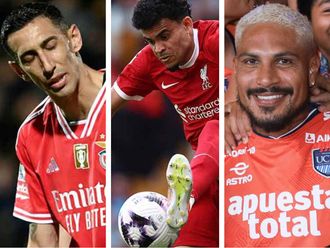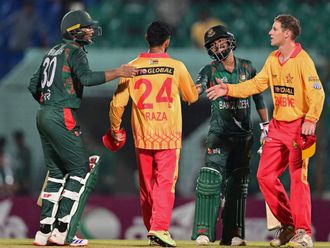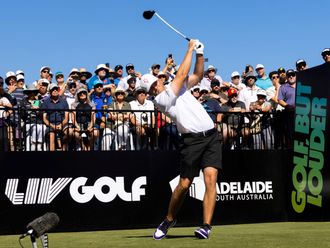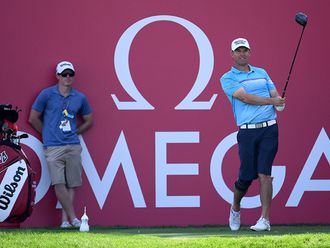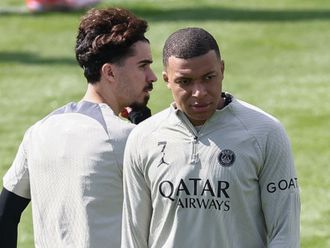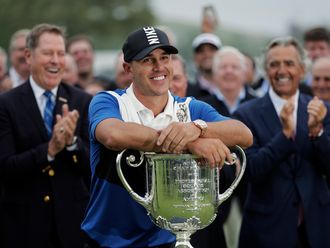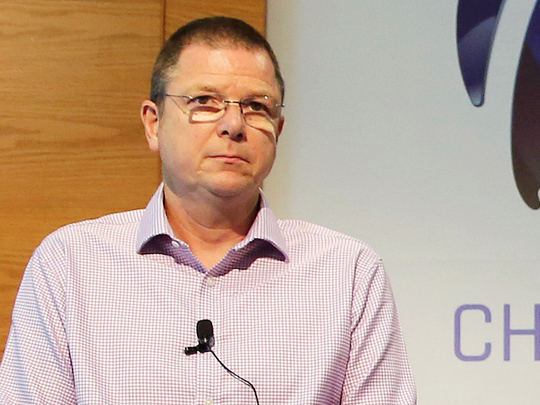
Dubai: The corruptors in the sport of cricket are not actually lying idle even though all action has come to a standstill due to the coronavirus pandemic, according to a top official of the world governing body of cricket.
Alex Marshall, General Manager of the Anti-Corruption Unit of International Cricket Council (ICC), revealed that “known corrupters” of the game are making the most of this phase - when players are having a free time - to build relationships with cricketers on social media which they may try to use ‘‘two, three or four months later’’ when cricketing action resumes.
Speaking to Gulf News during a telephone interview recently, Marshall said: “We have reached out to our members, players and their wider networks to highlight this issue and ensure they all continue to be aware of the dangers of approaches...,” .
The Indian Premier League (IPL), which was supposed to have started on March 29 and would have been the showpiece of the cricketing calendar now, have been postponed indefinitely. However, a number of franchise owners and some of the players are using their occasion for interactive sessions on Twitter and Instagram - this is an area that Marshall wants all the stakeholders of the game to be on guard about.
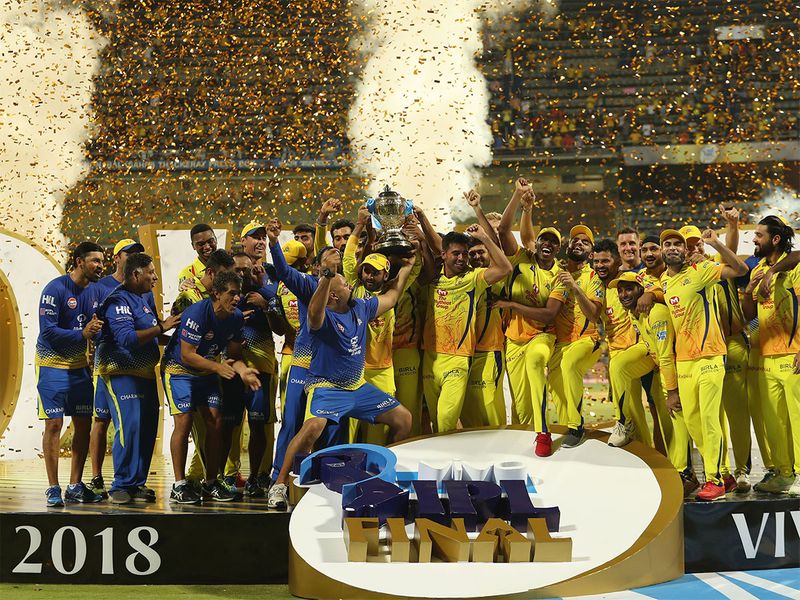
The ACU head was candid enough to admit that the proliferation of the T20 leagues around the world have thrown a new challenge at them. ‘‘Events like the IPL, PSL or Big Bash comes under the domestic rules of each board. As long as such a league is professionally run, there is no issue as each of them have a surveillance system in place and we work in coordination with them.
‘‘However, there is enough scope for corruption in case of a badly run T20 league and we had to change the way we work to counter this. You must remember the Ajman tournament where we had to step in,’’ Marshall, a retired senior British police officer and former Chief Executive of the College of Policing from 2013 to 2017, said.
The Ajman T20 All-Stars league, an event apparently not sanctioned by either the local Ajman Cricket Council, the Emirates Cricket Board or the ICC, came under scanner when footages of the telecast in a local channel showed some bizarre dismissals. The ICC intervened to do their own probe as the tournament was called off midway.
Asked if the T20 format lends itself to more scope of spot-fixing incidents, Marshall said: ‘‘From our experience, we have seen the corruptors want to influence a session of play and hence chances are they will approach the opening batsmen or bowlers. They will approach new players and try to influence them with expensive gifts.’’
While trying to curb corruption in cricket had always been a work in progress, Marshall felt the ACU has evolved over the years and tries different ways to educate the players. ‘‘We maintain complete transparency and even show pictures of the corruptors to the players so that they can be on guard,’’ he said.
This April, incidentally, marked 20 years of the Hansie Cronje saga when the scandal revolving the disgraced South African captain rocked the cricketing world - an incident which eventually led to the formation of the ACU. ‘‘Those days, there were no anti-corruption units, nor players’ education or a code in place. Now, the awareness level among players has certainly increased a lot,’’ an upbeat Marshall added.


